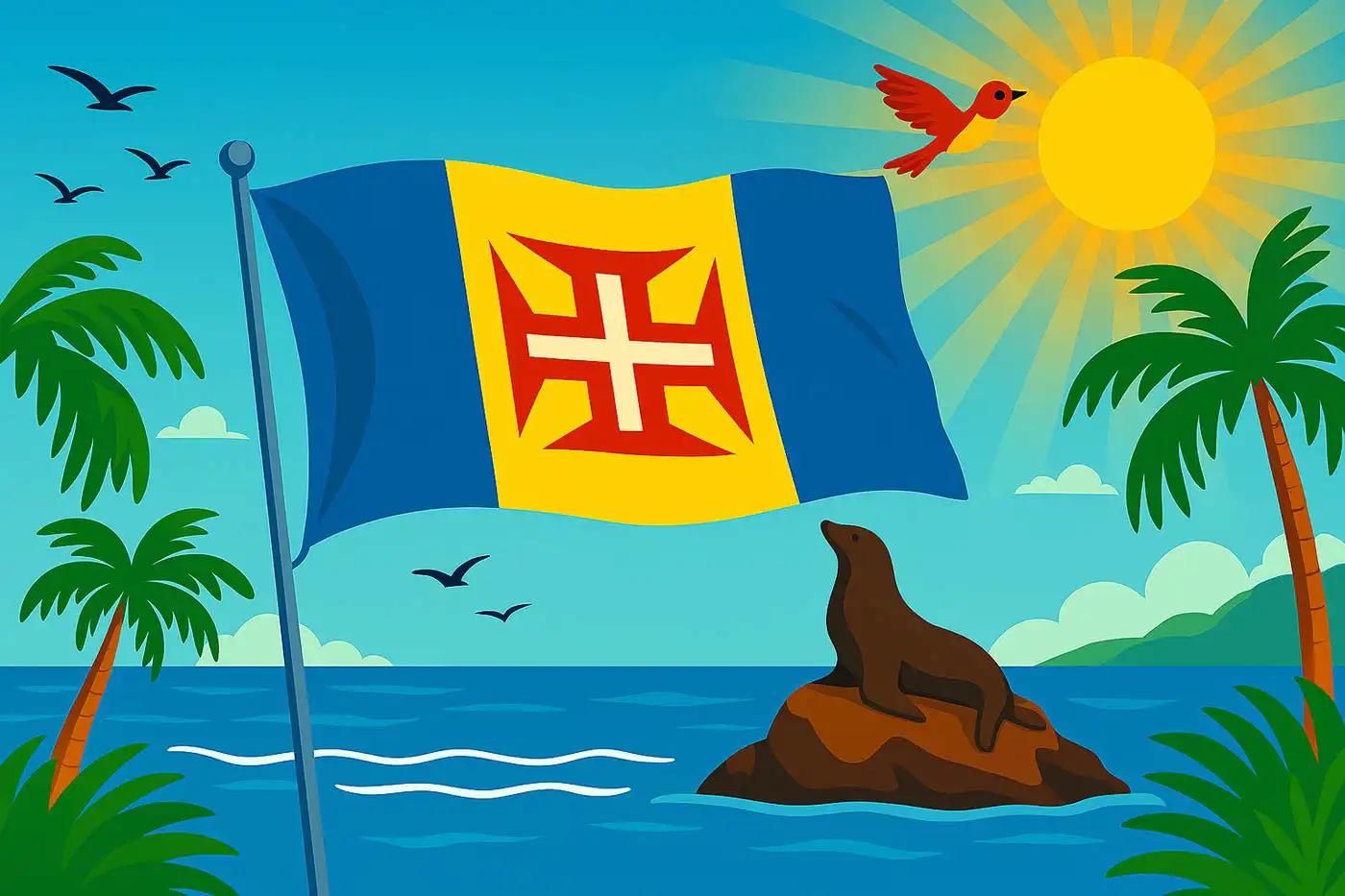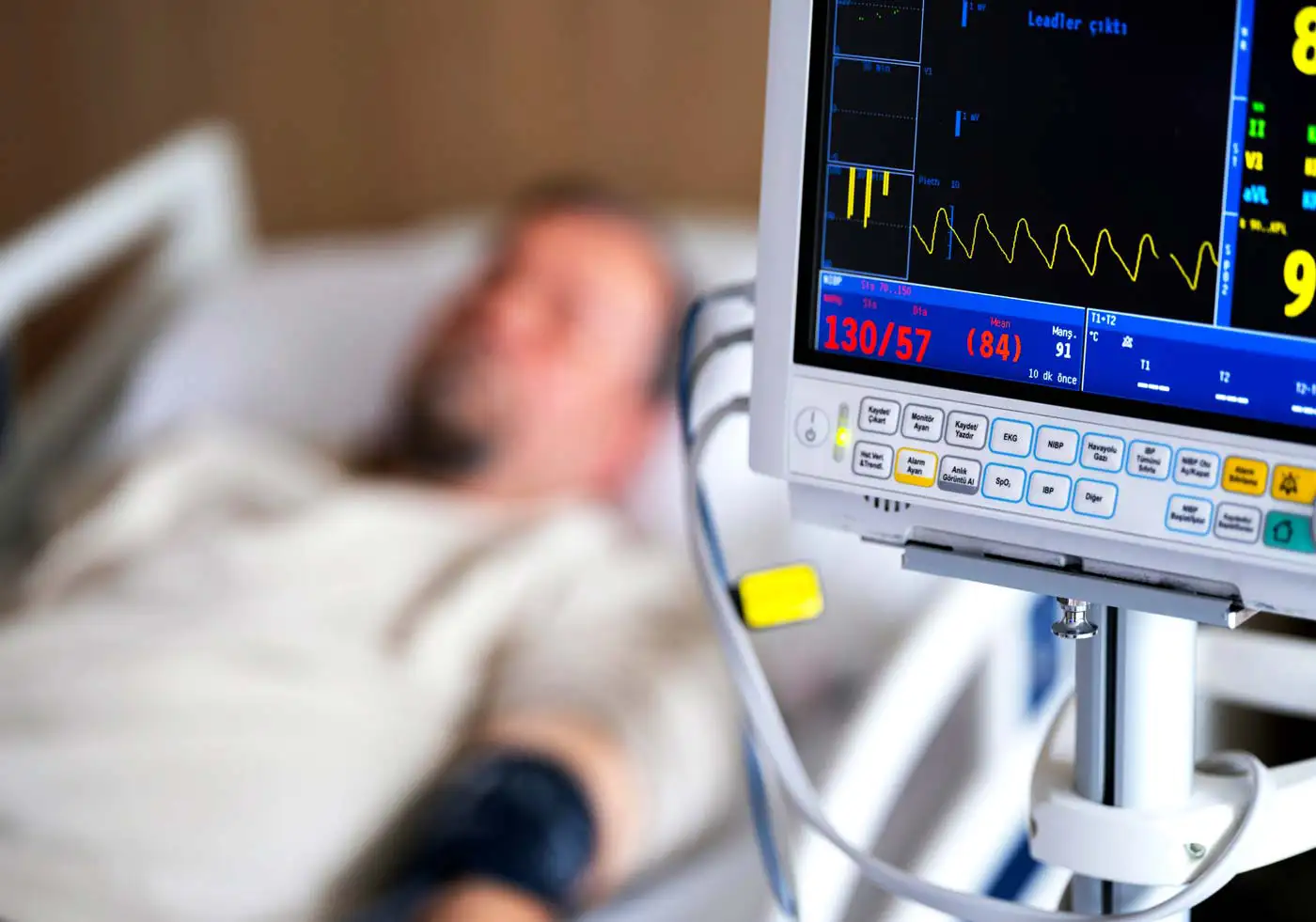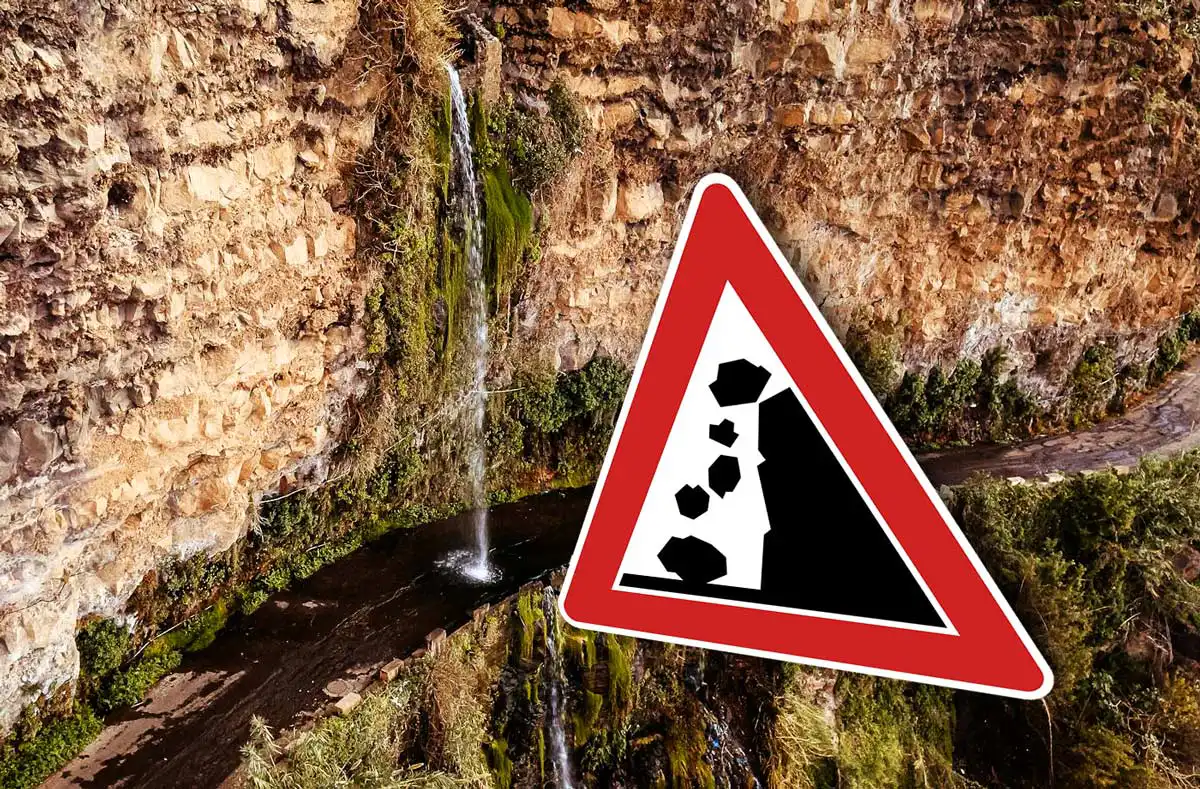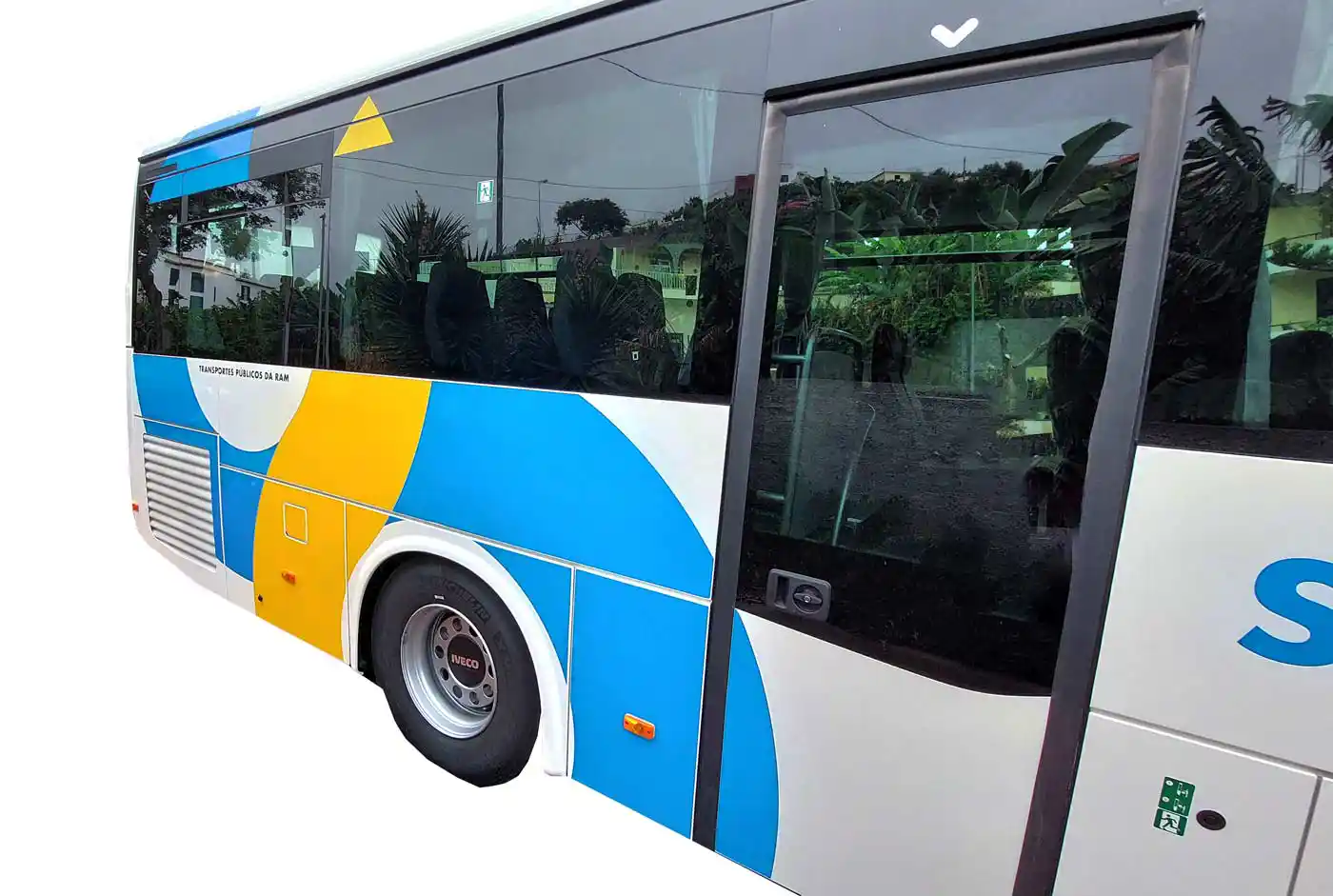What is Madeira Day?
Madeira Day on July 1, honors the island’s political and cultural identity. It was first celebrated in 1979 after the local government decided to create a special day to recognize the island’s progress and self-government.
The date was not chosen by accident. On July 1, 1976, Madeira officially became an Autonomous Region of Portugal, gaining autonomy and the right to manage many of its own affairs while still remaining part of the Portuguese nation.
Who Invented Madeira Day?
The idea for a special day of the Autonomous Region of Madeira came from regional leaders who wanted to create a moment each year when locals could reflect on their unique status within Portugal and the European Union. The law that made the day official was passed by the Regional Assembly, Madeira’s local parliament.
Exactly two years after the fall of the Salazar regime on April 25, 1974, the current Portuguese Constitution came into effect, recognizing for the first time political autonomy for the archipelagos of Madeira and the Azores. Several symbols were gradually adopted by the regional political bodies to represent and celebrate this autonomy: besides the regional holiday, the flag, the coat of arms, the anthem, and new toponymy and statuary.
Vieira Alberto, History of Madeira
What Does Madeira Day Stand For?
Madeira Day is both a political and cultural event. It celebrates the region’s autonomy. It also honors the people of Madeira and the nearby island of Porto Santo, as well as Madeiran communities living abroad. The day highlights the struggles and achievements of the region since it gained self-rule, now nearly 50 years ago.
Many locals see this day as a reminder of their strong identity, language, customs, and history, which are different in many ways from mainland Portugal. The day is also a time to remember those who left the islands over the decades to seek better opportunities in other countries.
How the Region Celebrates Madeira Day
In Madeira, July 1 is a public holiday. Government offices, schools, and many businesses are closed. People gather for ceremonies, concerts, parades, and speeches from political leaders.
Cultural performances are a key part of the day. Traditional music, folk dancing, and exhibitions show the rich heritage of the islands. Artisans display their work, and local food and drink are shared. Many towns and villages also hold their own smaller celebrations, giving the day a strong community feel.
A Day Also for the Madeiran Diaspora
Madeira Day is not only celebrated on the islands. Madeiran communities in Venezuela, South Africa, the United States, and other countries also observe the date with pride. Some organize festivals, religious services, or social gatherings that bring together people with roots in the archipelago.
These global events are a reminder of how far Madeirans have traveled and how much they have contributed to life in other countries while holding on to their traditions. July 1 gives them a chance to connect with their past and share their culture with others.






Comments